RIGHTS THEY DEFEND
The right to water. The right to equality. The right to a fair trial. The principles human rights defenders fight for are many, but their struggle is one. Whether battling exploitative energy companies or taking paramilitaries to task for human rights violations, the rainbow of movements we work with reinforce and strengthen one another
La Casa del Migrante de Saltillo is one of a series of shelters that receive migrants in Mexico. It receives and supports an average of 80 migrants a day and provides them with medical and psychological care as well as legal assistance with the migratory process and deportation cases. In addition, they carry out the courageous task of denouncing and documenting violations of migrants’ human rights.
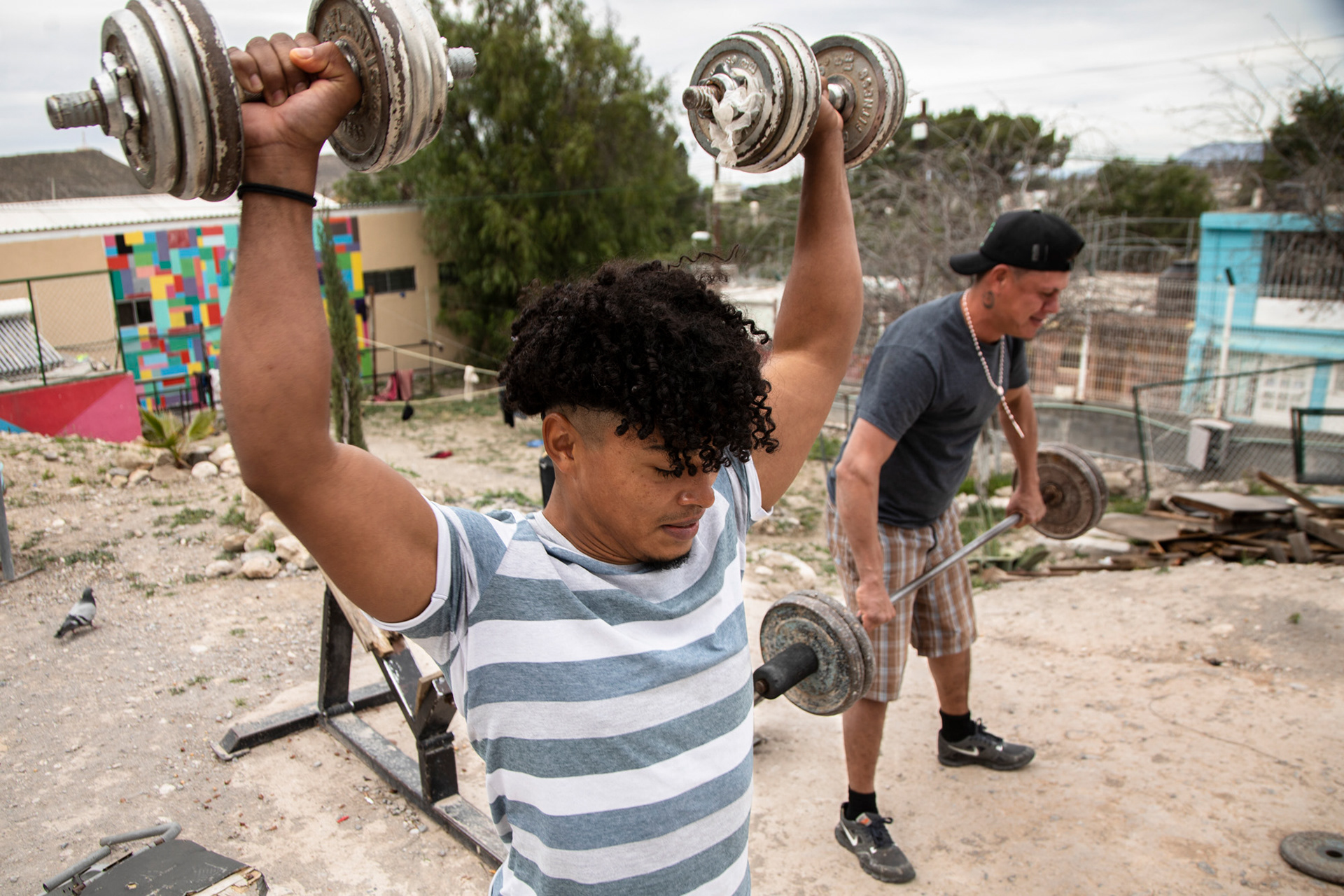
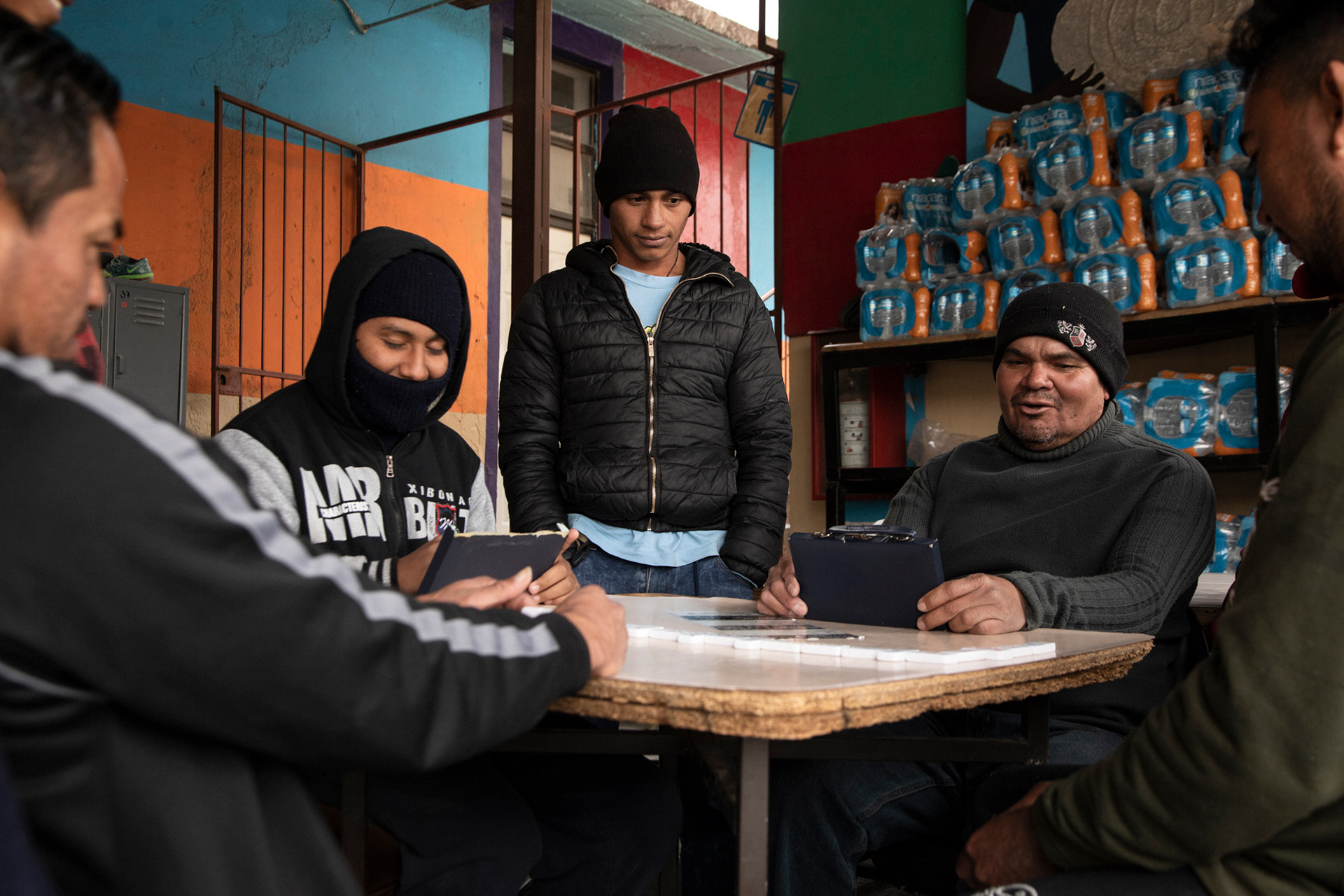
"Humanitarian support is a form of defending human rights." Alberto Xicoténcat
"If it weren't for these spaces there wouldn't be another way to protect them. It helps them to recover their strength and to contact their families." Marisol Esperanza Cerecero
"Zambia is not poor but it has high poverty levels" Laura Miti
"What we are trying to do above all is try to make the general public to ask questions" Laura Miti
Laura Miti has been working with Zambia and South African civil society for more than 25 years, in various roles and initiatives to strengthen governance systems. She currently serves as Executive Director for the Alliance for Community Action (ACA), an organisation which works to mobilise demand for Public Resource Accountability amongst the Zambian public. Laura is passionate about how the choices made by those in power affect the poor, and has devoted her adult life to leading and participating in various campaigns to strengthen Zambia’s democracy.
Saroj Nepal runs The Collective Campaign for Peace (COCAP) a national network of peace and human rights organisations in Nepal. It started as a loose, informal forum in June 2001. Currently, COCAP has forty four member organizations. It has a large number of volunteers who actively involve themselves in various aspects of its work.
COCAP aims to provide a common space for its members, volunteers and friends to collectively engage in the pursuit of peace, human rights and justice. It organises national/regional level campaigns and programmes on the issues of conflict transformation and peacebuilding, transitional justice and social security in coordination with its member organisations and other like-minded organisations.
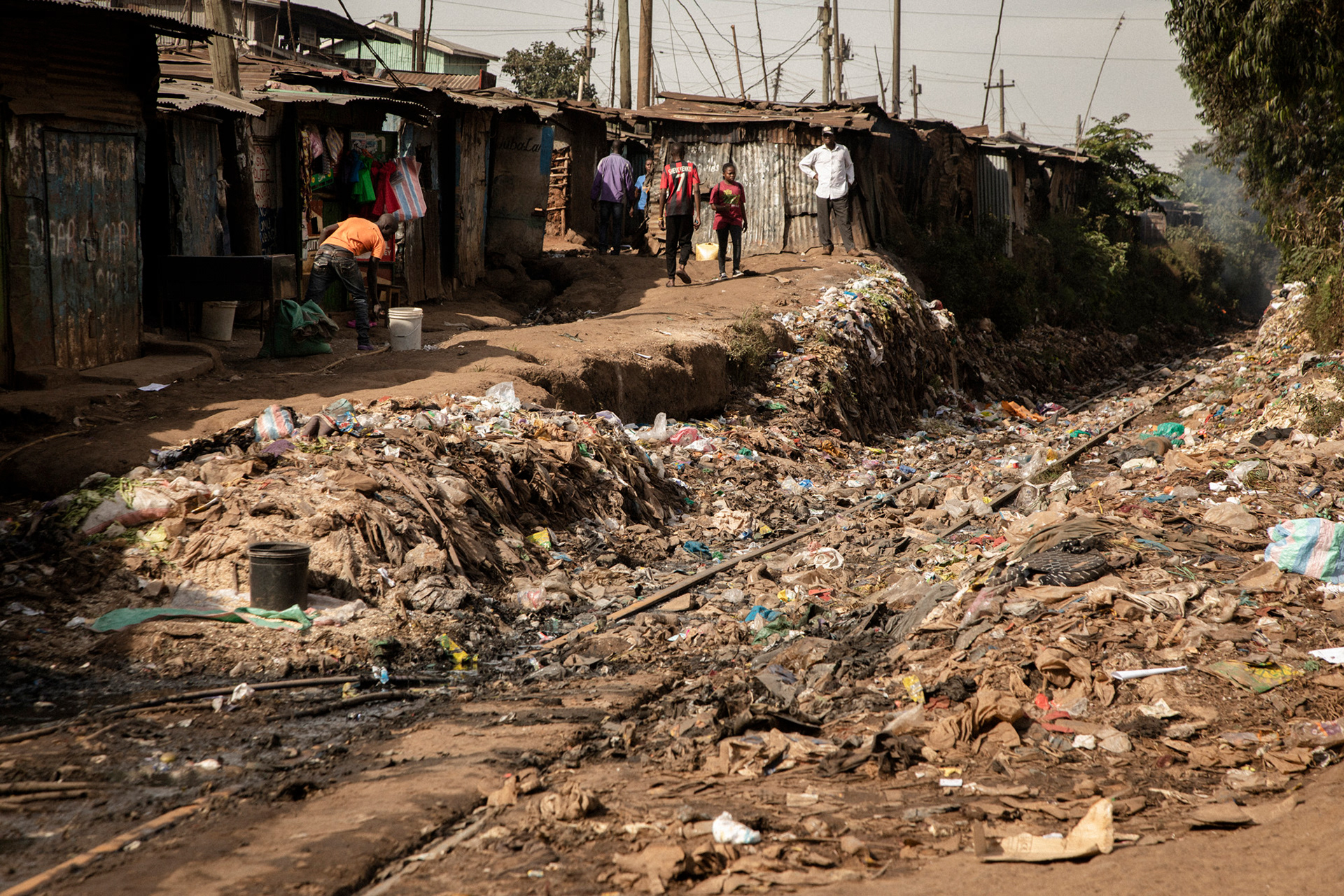
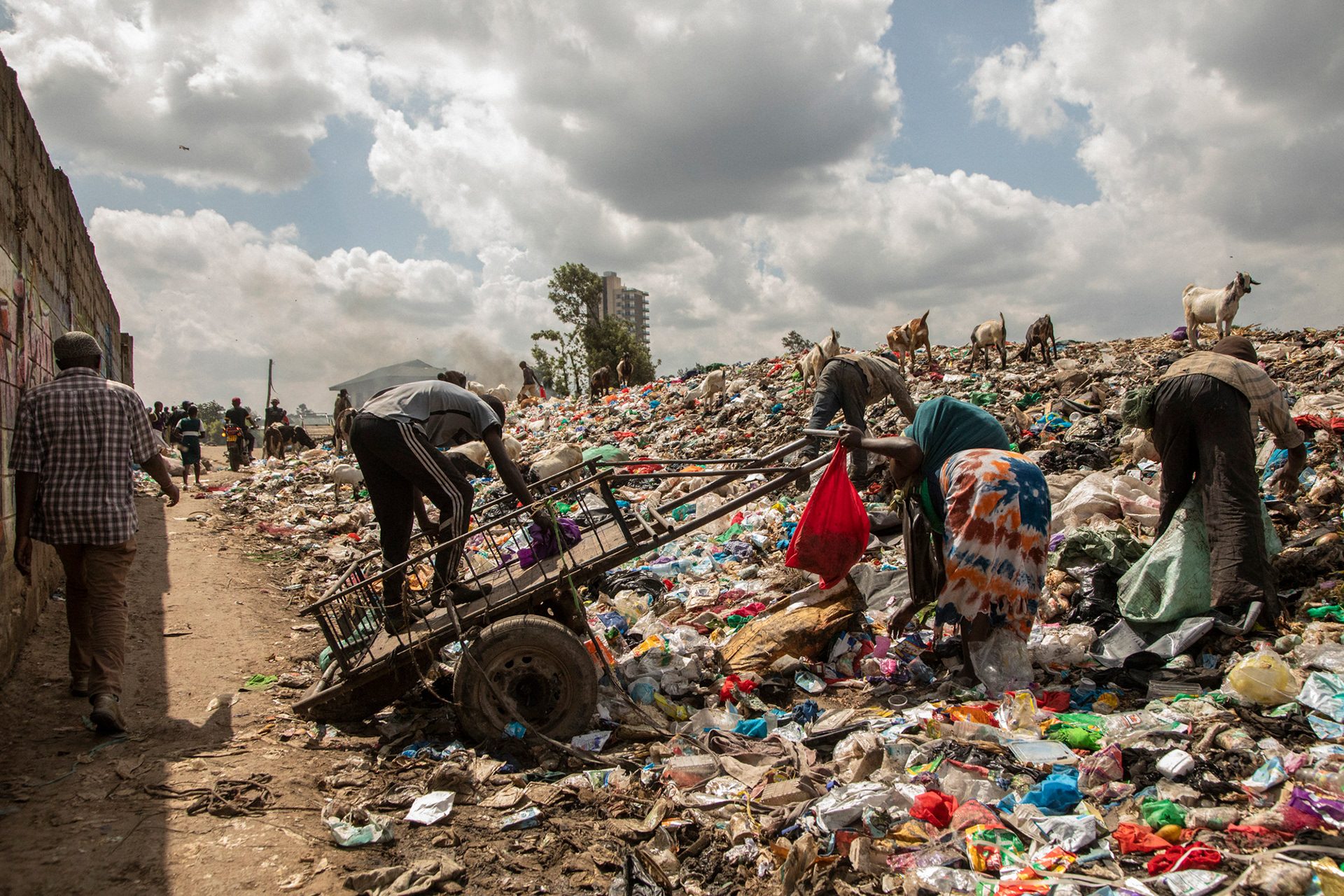
Steve Kinuthia is a co-founder of the Mathare Social Justice Centre and Juliet Wanjera is a co-ordinator of the women group in the social justice movement in Nairobi, Kenya. For years, the urban settlement of Mathare has suffered various forms of structural violence, including: land grabbing, forced evictions, police abuse and extrajudicial killings, political impunity and other economic, social and psychological violations. This violence has been allowed to go on without any retribution to the community, especially as most of the community continues to live in fear of the consequences of standing up for their rights.
"What's social justice? Rights to food, rights to water, right to live, housing, health care and education" Juliet Wanjira
"We have legal experts coming on the ground and explaining these provisions to community members in a language that they understand." Steve Kinuthia
"The work started because we were not realising the guarantees we had under the constitution of Kenya. We lived in a society where we feel completely marginalised and cut off, from even demanding. That demanding a right felt odd." Steve Kinuthia
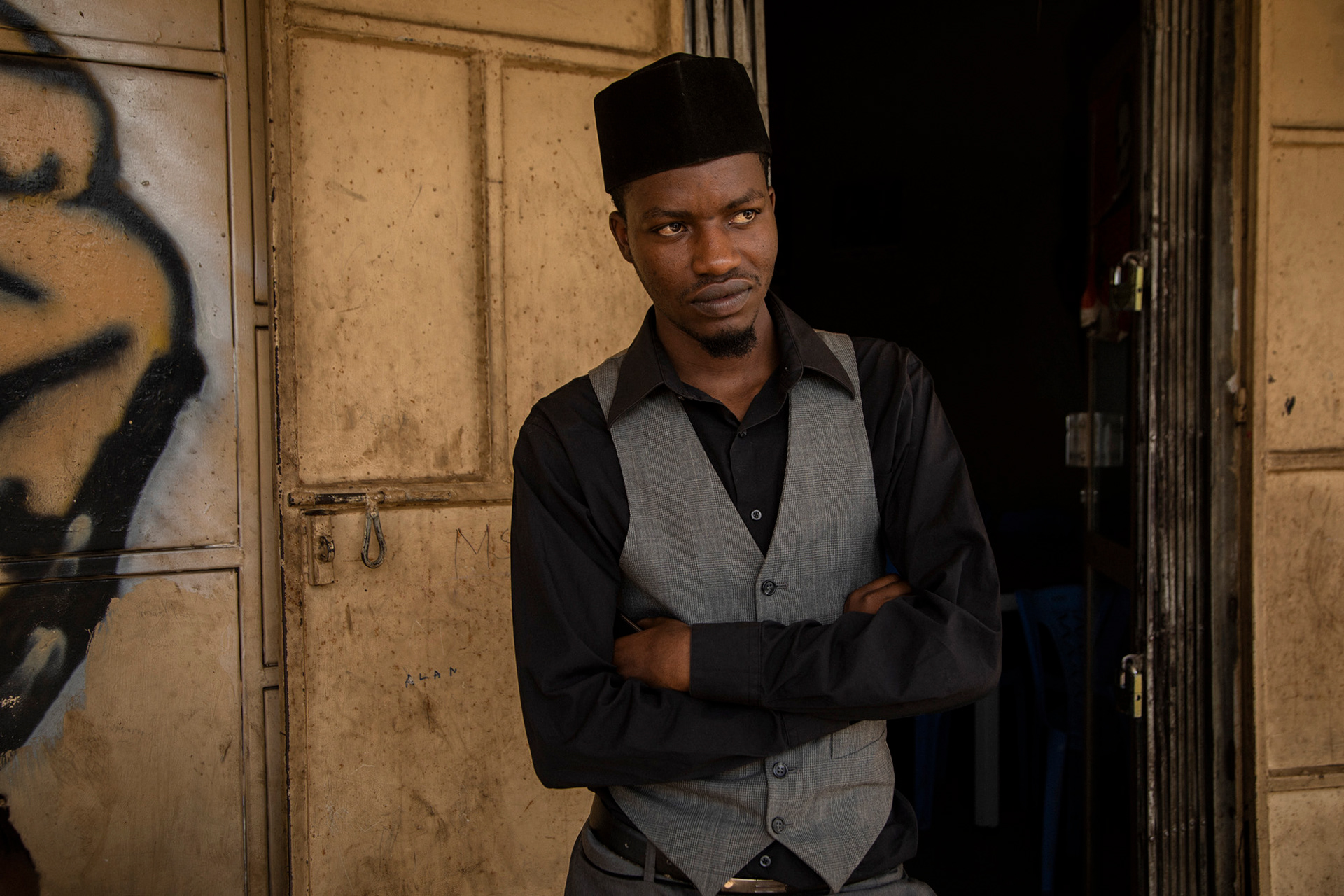
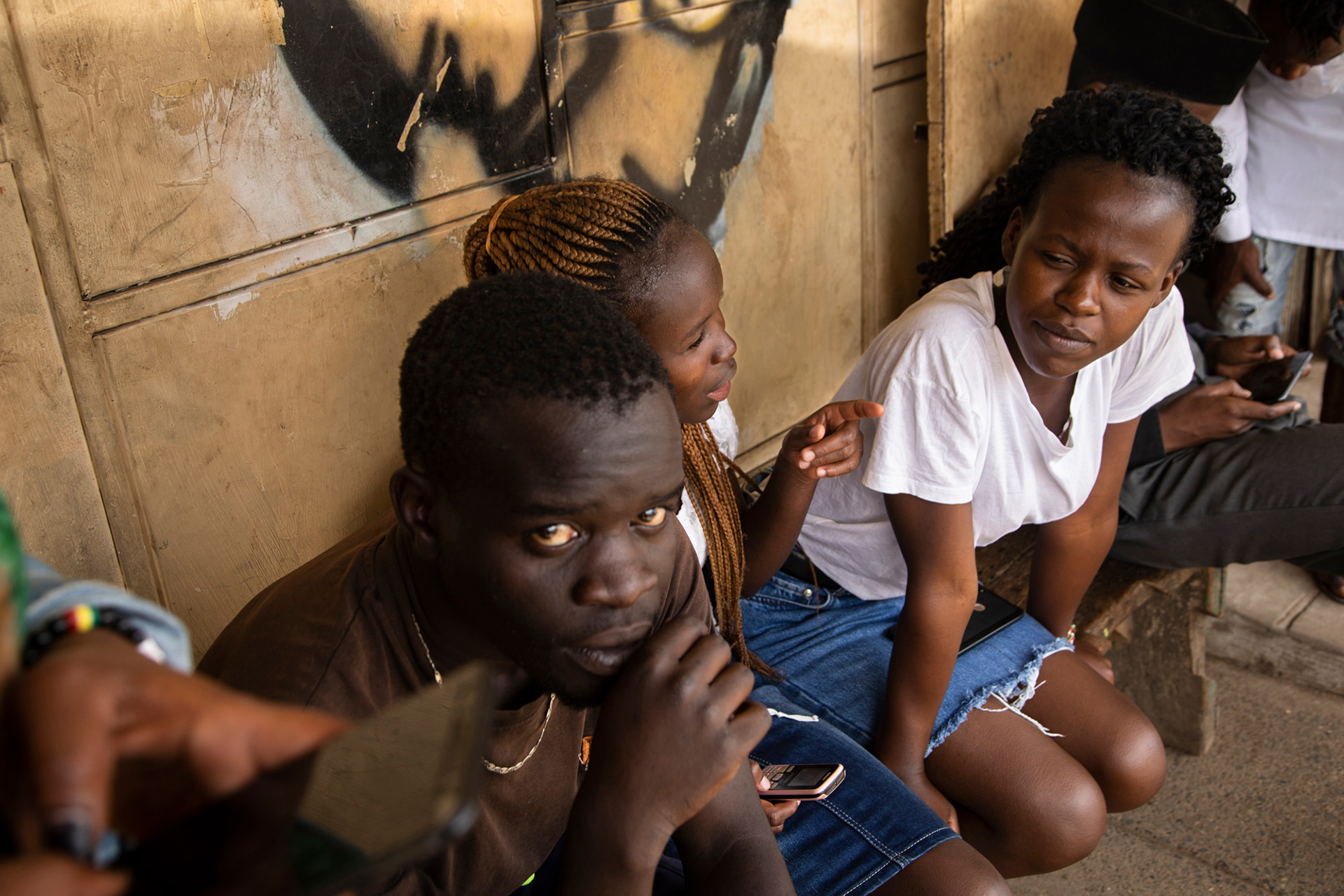
"We need to start showing the positive side of young people who are doing great things in the communities and bringing about change." Faith Kasina
Faith Kasina is a co-ordinator of the Kayole Social Justice Centre in Nairobi, Kenya. She comments on the need to decriminalise poverty and youth.
"Women respond faster than men in our community. If it's not your son, it would be your neighbour's son, your best friend's son." Faith Kasino
"Nothing drives us more than discovering what happened to them or knowing where they are." Tita Radilla
Tita Radilla is vice-president of the the Association of Relatives of the Detained-Disappeared in Mexico (AFADEM), based in Atoyac de Alvarez, in Guerrero State, Mexico. For more than 35 years, Tita Radilla has been pursuing justice for the relatives of Mexico’s disappeared. Tita’s father disappeared after he was stopped at a military checkpoint in 1974.
The determination and persistence of Tita Radilla and human rights organisations like AFADEM and the CMDPDH shows the power of popular activism and organising to salvage this brutal episode in Mexico’s recent past from the margins of history.
"The families end up searching for and finding their disappeared relatives. It just shouldn’t happen like that. It is the State’s obligation to search for them and find them." Tita Radilla
"They’ve done excavations and haven’t found anything. Why? Because the investigation is inadequate." Tita Radilla
"We have issues on all the spectrum of human rights at the moment" Konstantin Baranov
Konstantin Baranov is member of the Coordinating Council and international advocacy coordinator at the Youth Human Rights Movement – an international NGO enjoying participatory status with the Council of Europe. He is an expert on the protection of civil society space and fundamental freedoms in Russia and the post-Soviet area.
"Police abuse, torture, no fair trials and all the civic freedoms have been curtailed" Konstantin Baranov
CHECK OUT MORE STORIES
Click on the image to find out more
